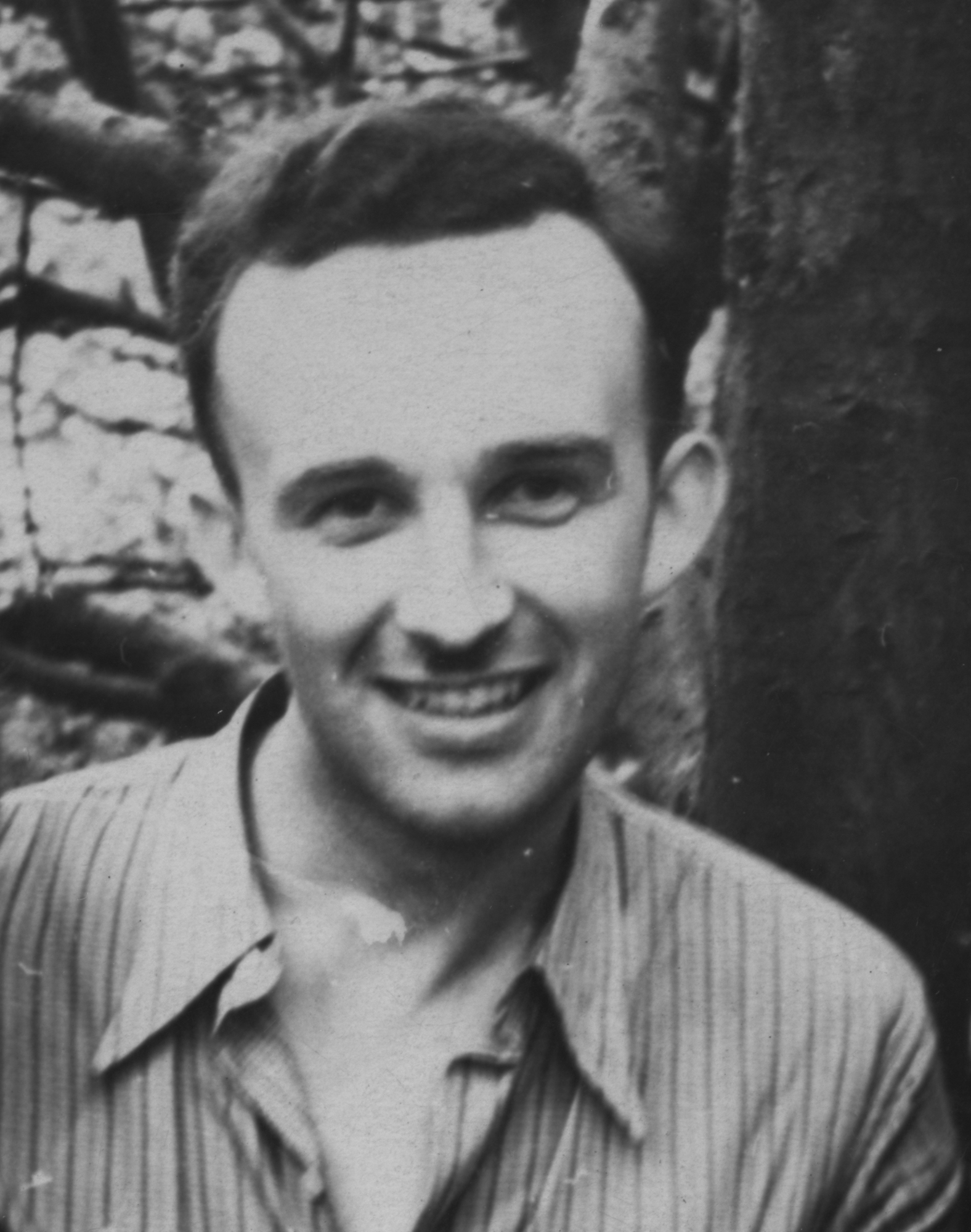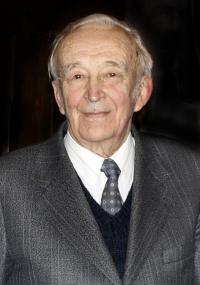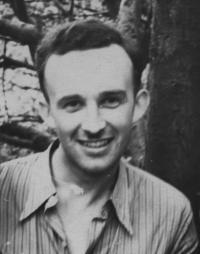Despite all our ordeals we regretted never
Lubomyr Poluga was born in Lviv in 1925, receiving his elementary education at Prince Lev Public School. From 1937-1943 he studied in Lviv at the State Academic Gymnasium under Ukrainian instruction.From 1942 he was a member of ‚‘Unatstvo‘‚, the youth branch of the OUN. In 1943 he entered Lviv Medical University.In 1944 he organized the underground headquarters of UPA leader Roman Shukhevych (Taras Chuprynka) in a Kurkova street (now Lysynka st.).On December 21, 1946, Soviets authorities arrested him but he escaped. At the end of 1946 in Dashav, Striy, he organized secret underground headquarters.At the beginning of 1947 he was transferred to the underground headquarters at Knyagynychy in Rohatyn. He was the agent and guard of Roman Shukhevych.On September 23, 1947 he was seriously wounded and captured by the MGB. He was remanded at various prisons in Rohatyn, Stanislaviv, Kyiv and Lviv‘s Lonsky prison.He served his sentence in GULAG at Inta (Komi ARSR). On December 19, 1955 he was released and in 1961 he graduated from Medical University in Semypalatynsk (Kazakhstan).From 1961 he lived in Tsurupynsk (Oleshky) and since 2001 he has been living in Lviv.


